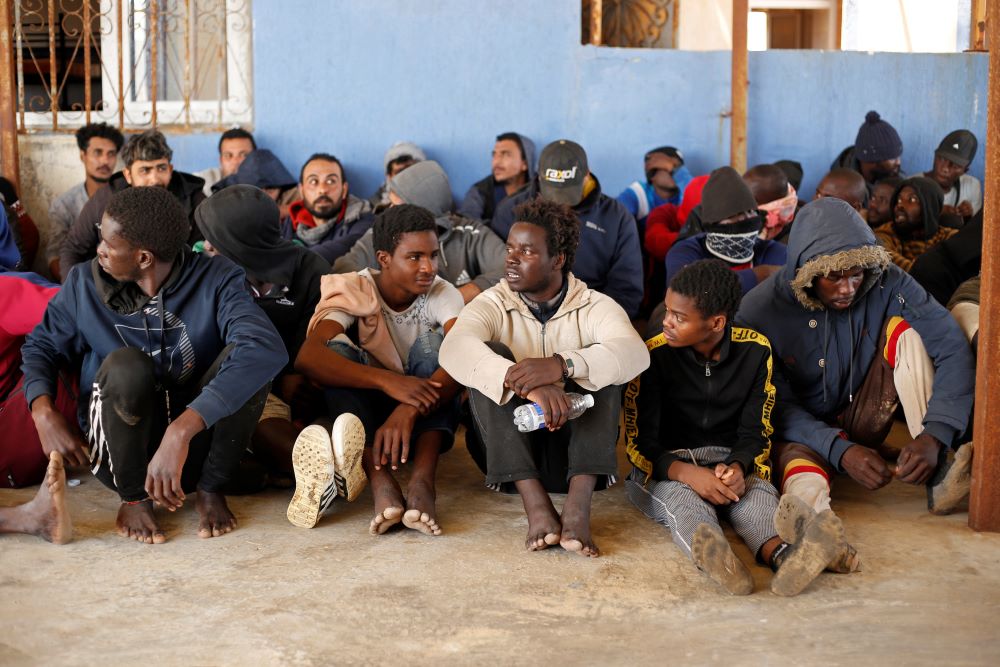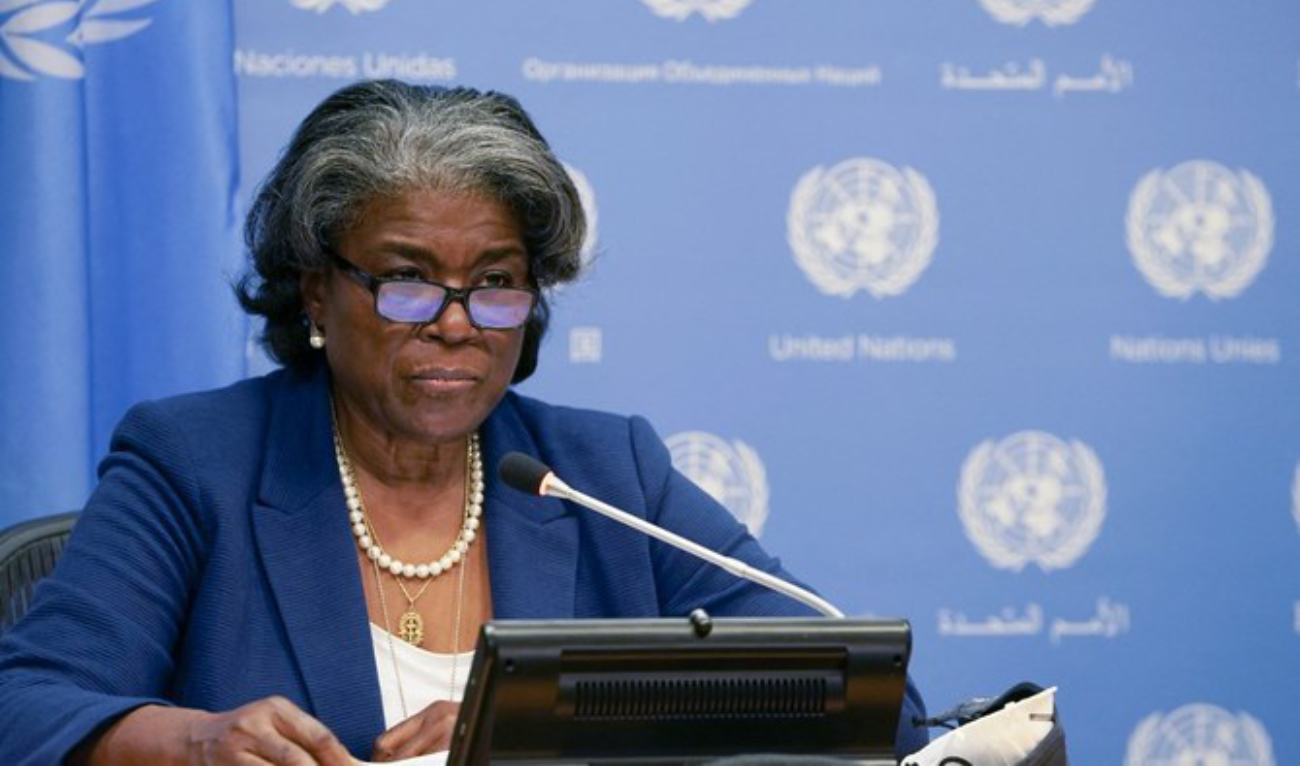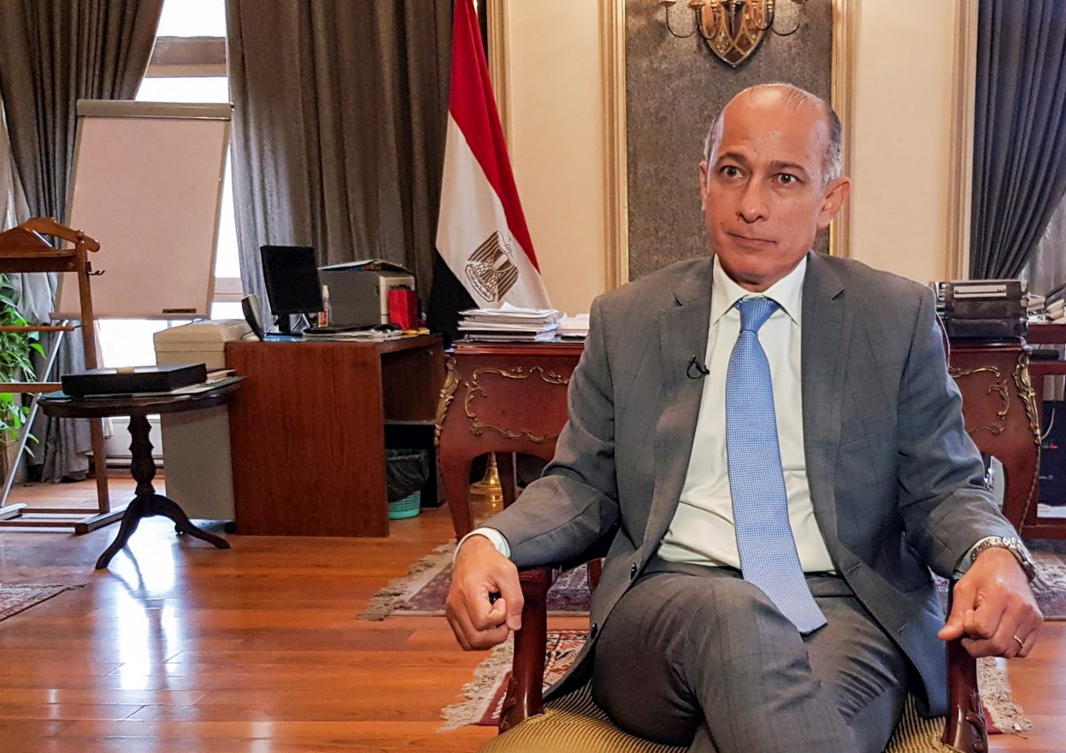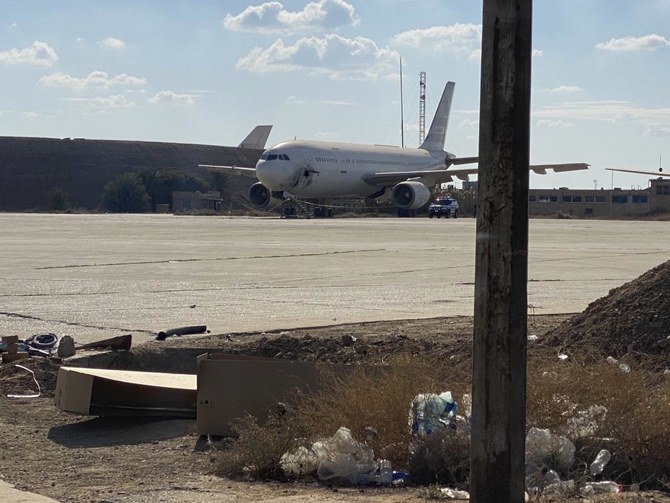Death of US embassy employee in Houthi detention sparks outrage
AL-MUKALLA: The Iran-backed Houthis have again been criticized for mistreating prisoners after an employee at a US aid organization in Yemen died while being held by the group.
The US embassy in Sanaa said on Thursday that Abdulhameed Al-Ajami, one of its staff members in the Yemeni capital who was abducted by the Houthis late last year, had died in Houthi detention.
In a statement, also calling for the release of the other workers detained by the Houthis, the embassy said: “We grieve for retired USAID (US Agency for International Development) employee Abdulhameed Al-Ajami, who died in Houthi captivity.
“He was an innocent grandfather who should never have died away from his family, a proud Yemeni dedicated to educating Yemeni children.
“We extend our condolences to his loved ones and call on the Houthis to end this injustice and release every single current and former US Embassy employee now.”
Al-Ajami was among at least a dozen Yemeni workers at the embassy and USAID who were abducted and later forcibly disappeared after the militia group raided the embassy’s compound.
Yemeni activists and local media reports said that Al-Ajami was brutally tortured by the Houthis and was denied life-saving mediation, a move that led to his death.
Al-Ajami’s death came as friends of another US embassy abductee, Bassam Al-Mardahi, warned that he could die too, as he was in a critical condition due to torture by his captors.
Yemeni government officials, human rights activists, and former abductees strongly condemned the Houthis for abusing prisoners, stating that the death of Al-Ajami was another clue to the torture methods used by the group against thousands of prisoners.
Yemen’s Minister of Information Muammar Al-Eryani offered his condolences to Al-Ajami’s family and called for international action to force the Houthis to stop abusing prisoners and release them immediately.
He expressed his strong condemnation of the group’s “psychological and physical torture” of Al-Ajami, treatment, the minister said, that had resulted in his death eight months after being abducted, adding that he had been deprived “of his most basic rights, including medicines.”
The French Embassy in Yemen also denounced the death and asked the Houthis to release the remaining abducted US and UN workers.
In a tweet, the embassy said: “It reiterated its demand for the release of all local employees of the US embassy and the UN who have been arbitrarily detained by the Houthis for several months.”
The Houthis are also still holding two Yemenis working for the UN Educational, Scientific and Cultural Organization, and the Office of the UN High Commissioner for Human Rights in Sanaa who were abducted in the city in November. The two workers have not been put on trial and the Houthis have prevented them from contacting their families, the UN said.
Similarly, Yemeni human rights activists said that torture was rife inside Houthi prisons and dozens of civilians abducted by the group had died while in detention.
Fuad Al-Mansouri, a Yemeni human rights activist, told Arab News that many detainees inside Houthi prisons may face the same fate as Al-Ajami if the Houthis were not forced to stop abusing prisoners.
“Al-Ajami’s death is a very serious indication of the mistreatment of detainees in the prisons of the Houthi militia. This is not the first incident, and it will not be the last,” Al-Mansouri said.
Amat Al-Salam Al-Hajj, chairwoman of the Abductees’ Mothers Association, an umbrella organization for thousands of female relatives of war prisoners, told Arab News that the Houthis had barred relatives of the detained US embassy employees from speaking to the organization or media, urging the UN Yemen envoy to work on releasing thousands of detainees.
“In Houthi prisons, the dignity of the Yemeni human being is insulted. The file of the abductee is a true humanitarian crisis that must be addressed,” she said.
Abdullah Al-Munifi, a Yemeni journalist and former detainee who was released from a Houthi prison in 2018, told Arab News that he was whipped with electrical cables, hung by his arms, deprived of sleep and toilet facilities, electrocuted, and kept in solitary confinement for months.
“I wish I would die due to torture. Sometimes they make wounds on the body and put salt on them,” Al-Munifi said.
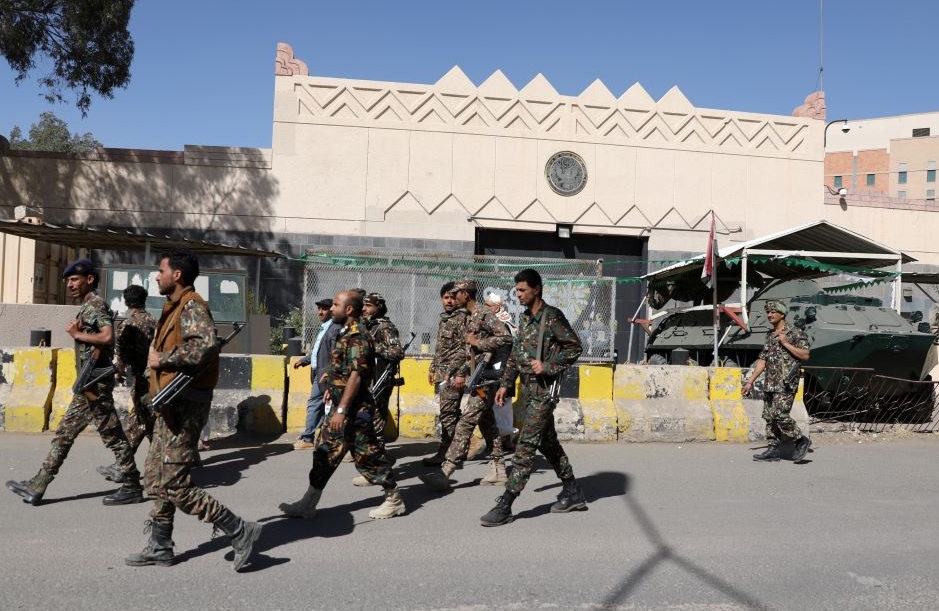
Houthis abduct two more Yemeni employees of US embassy in SanaaSaudi Arabia condemns seizure of closed US Embassy in Sanaa by Yemen’s Houthis
